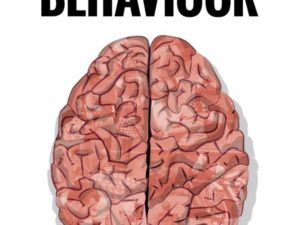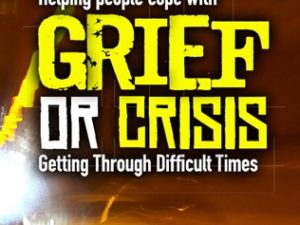Product Description
When we hear the term “psychological profiling”, we often assume it is in relation to criminal behaviour, however profiling can be used for a wide range of reasons, such as:
■Assessing a person’s suitability for a specific role or profession.
■Determining a specific characteristic in a person, such as intelligence or neuroses.
■Determining someone’s personality.
■Determining a person’s mental health state.
■Diagnosing clinical conditions.
We often also see tests online and in magazines that are termed “psychological tests”, purporting to tell you the type of person you are by answering a few questions. Whilst these may be based upon some known pattern of traits, determining an individual’s profile is much more involved than this, and such tests only provide an indication at best.
In light of its media and television popularity, psychological profiling has become well-known and accepted over recent years.
Profiling is essentially building up a picture of an individual’s characteristics such as likely behaviours, attitudes, personal traits, unique skills or capabilities, and so forth in relation to norms of the general population. It is an assessment carried out by a skilled psychologist, using techniques and tools from psychology to learn general and specific facts about a person. In other words, a profile is a comparison of one person’s traits and behaviours to those of everyone else. It is a picture of how similar or different someone is, how well or poorly they perform, on a range of characteristics in relation to the average scores and performances of the general population.
CONTENTS
CREDITS
CHAPTER 1 INTRODUCTION
What is profiling?
Personality
Types of profiling
When and why do we carry out profiling?
How profiling is done
CHAPTER 2 HOW TO PROFILE SOMEONE
Profiling techniques
Putting it all together
CHAPTER 3 INTERVIEWS AND QUESTIONNAIRES
Psychological screening
What is an interview?
Planning an interview: structured or unstructured
Components of a profiling interview
What can go wrong?
Dealing with interview data
CHAPTER 4 BEHAVIOURAL ASSESSMENT
The abc model
Traditional vs behavioural assessment
Different applications of behavioural assessments
Behavioural assessment techniques
Problems with behavioural assessments
CHAPTER 5 CLASSICAL ASSESSMENT TESTS
The nature of traditional assessment tests
Reliability and validity of psychological tests
CHAPTER 6 WHAT COMES NEXT?
Applications for profiles
How & where to use a profile
Ethics of profiling
Problems with profiling
The future of profiling
APPENDIX
Distance learning and online courses
Videos
E books by John Mason and ACS staff include:
Printed books by john mason
USEFUL CONTACTS
ACS global partners
Social media





